Hidden Brain
Hidden Brain helps curious people understand the world – and themselves. Using science and storytelling, Hidden Brain reveals the unconscious patterns that drive human behavior, and the biases that shape our choices.
Sponsored
Episodes
-
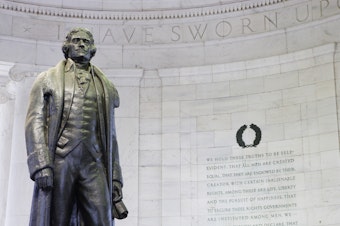
The Founding Contradiction: Thomas Jefferson's Stance On Slavery
"We hold these truths to be self-evident, that all men are created equal." These words, penned by Thomas Jefferson more than 240 years ago, continue to inspire many Americans. And yet they were written by a man who owned hundreds of slaves, and fathered six children by an enslaved woman. As we mark Independence Day this week, we return to a 2018 episode with Pulitzer Prize-winning historian Annette Gordon-Reed. We explore the contradictions in Jefferson's life — and how those contradictions might resonate in our own lives.
-
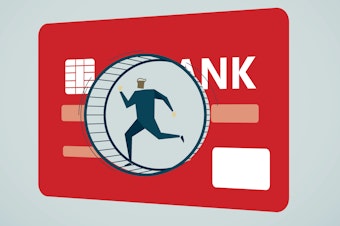
Buy, Borrow, Steal: How Debt Became The 'Sugar-Rush' Solution To Our Economic Woes
Policymakers have a tried-and-true game plan for jump-starting the economy in times of severe recession: Push stimulus packages and lower interest rates so Americans will borrow and spend. But economist Amir Sufi says the way we traditionally address a recession is deeply flawed. He argues that by encouraging "sugar-rush" solutions, the nation is putting poor and middle-class Americans and the entire economy at even greater risk. This week we look at the role of debt as a hidden driver of recessions, and how we might create a more stable system.
-
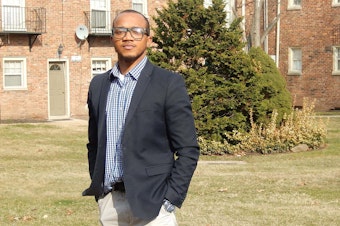
Rap on Trial: How An Aspiring Musician's Words Led To Prison Time
In the past few weeks, the nation has been gripped by protests against police brutality toward black and brown Americans. The enormous number of demonstrators may be new, but the biases they're protesting are not. In 2017, we looked at research on an alleged form of bias in the justice system. This week, we revisit that story, and explore how public perceptions of rap music may have played a role in the prosecution of a man named Olutosin Oduwole.
-
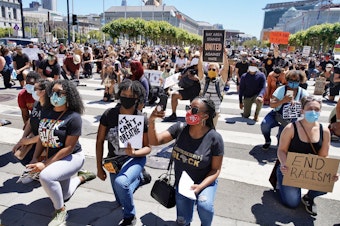
The Air We Breathe: Implicit Bias And Police Shootings
President Trump said this week that a few "bad apples" were to blame for police killings of black people. But research suggests that something more complicated is at play — a force that affects everyone in the culture, not just police officers. In this bonus episode, we revisit our 2017 look at implicit bias and how a culture of racism can infect us all.
-
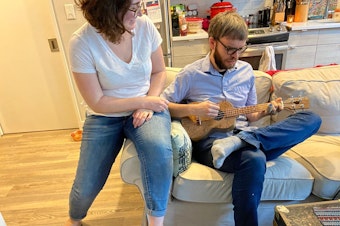
Playing Favorites: When Kindness Toward Some Means Callousness Toward Others
If we do a favor for someone we know, we think we've done a good deed. What we don't tend to ask is: Who have we harmed by treating this person with more kindness than we show toward others? This week, in the second of our two-part series on moral decision-making, we consider how actions that come from a place of love can lead to a more unjust world.
-
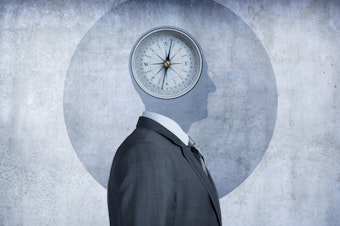
Justifying The Means: What It Means To Treat All Suffering Equally
When we are asked to make a moral choice, many of us imagine it involves listening to our hearts. To that, philosopher Peter Singer says, "nonsense." Singer believes there are no moral absolutes, and that logic and calculation are better guides to moral behavior than feelings and intuitions. This week, we talk with Singer about why this approach is so hard to put into practice, and look at the hard moral choices presented by the COVID-19 pandemic.
-

The Time Machine: How Nostalgia Prepares Us For The Future
In recent months, many of us have looked back with longing at our lives before COVID-19. For many of us, that world was one of bustle and activity — marked by scenes of packed restaurants, crowded subway cars, and chaotic playgrounds. In this audio essay, Shankar discusses our wistfulness for the world before the pandemic, and why such nostalgia can actually help to orient us toward the future.
-
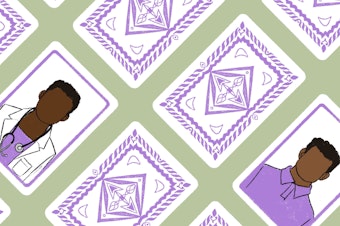
People Like Us: How Our Identities Shape Health And Educational Success
Far from being "the great equalizer," COVID-19 has disproportionately sickened and killed African Americans and Latinos in the U.S. Many of the reasons for these inequalities reach back to before the pandemic began. This week, we return to a 2019 episode that investigates a specific source of racial disparities in medicine and beyond—and considers an uncomfortable solution.
-
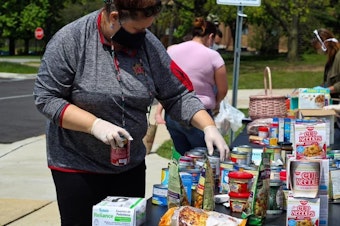
Our Better Angels: What We Lose When We Assume People Are Bad
In the months since the spread of the coronavirus, stories of selfishness and exploitation have become all too familiar: people ignoring social distancing guidelines, or even selling medical equipment at inflated prices. Most of our public and economic policies take aim at these sorts of people — the wrongdoers and the profiteers. But is there a hidden cost to the rest of us when we put bad actors at the center of our thinking? Do the measures we put in place to curtail the selfish inadvertently hurt our capacity to do right by others?
-
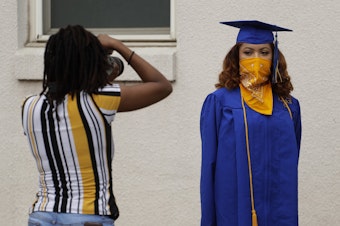
A Hidden Brain Commencement Address
Commencement ceremonies allow us to take stock of what we've accomplished and where we're headed. This is one of the key opportunities that students and families have lost, as social distancing precautions lead schools to cancel in-person graduations. In this "commencement address," recorded at the request of the public radio program 1A, Shankar Vedantam offers thoughts on what it means to mark such a milestone at this moment, and how graduates can use the disruption caused by the pandemic to think about their lives in new ways.
-
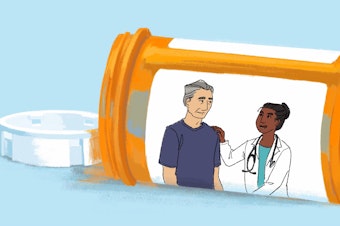
All The World's A Stage—Including The Doctor's Office
In recent months, many of us have become familiar with the sense of fear expressing itself in our bodies. We may feel restless or physically exhausted. At times, we may even have trouble catching our breath. The deep connection between mind and body that seems so salient now was also at the center of our episode about the placebo effect. This week, we return to this 2019 story that asks what placebos might teach us about the nature of healing.
-
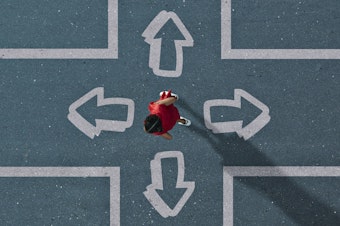
The Choices Before Us: Can Fewer Options Lead To Better Decisions?
An abundance of choices is a good thing, right? In the United States, where choice is often equated with freedom and control, the answer tends to be a resounding 'yes.' But researchers say the relationship between choice and happiness isn't always so clear-cut. This week, we talk with psychologist Sheena Iyengar about making better decisions, and how she's thinking about the relationship between choices and control during the coronavirus pandemic.